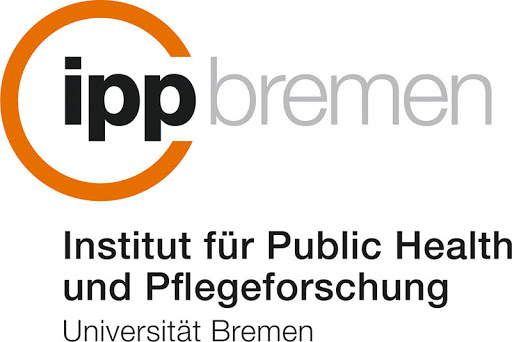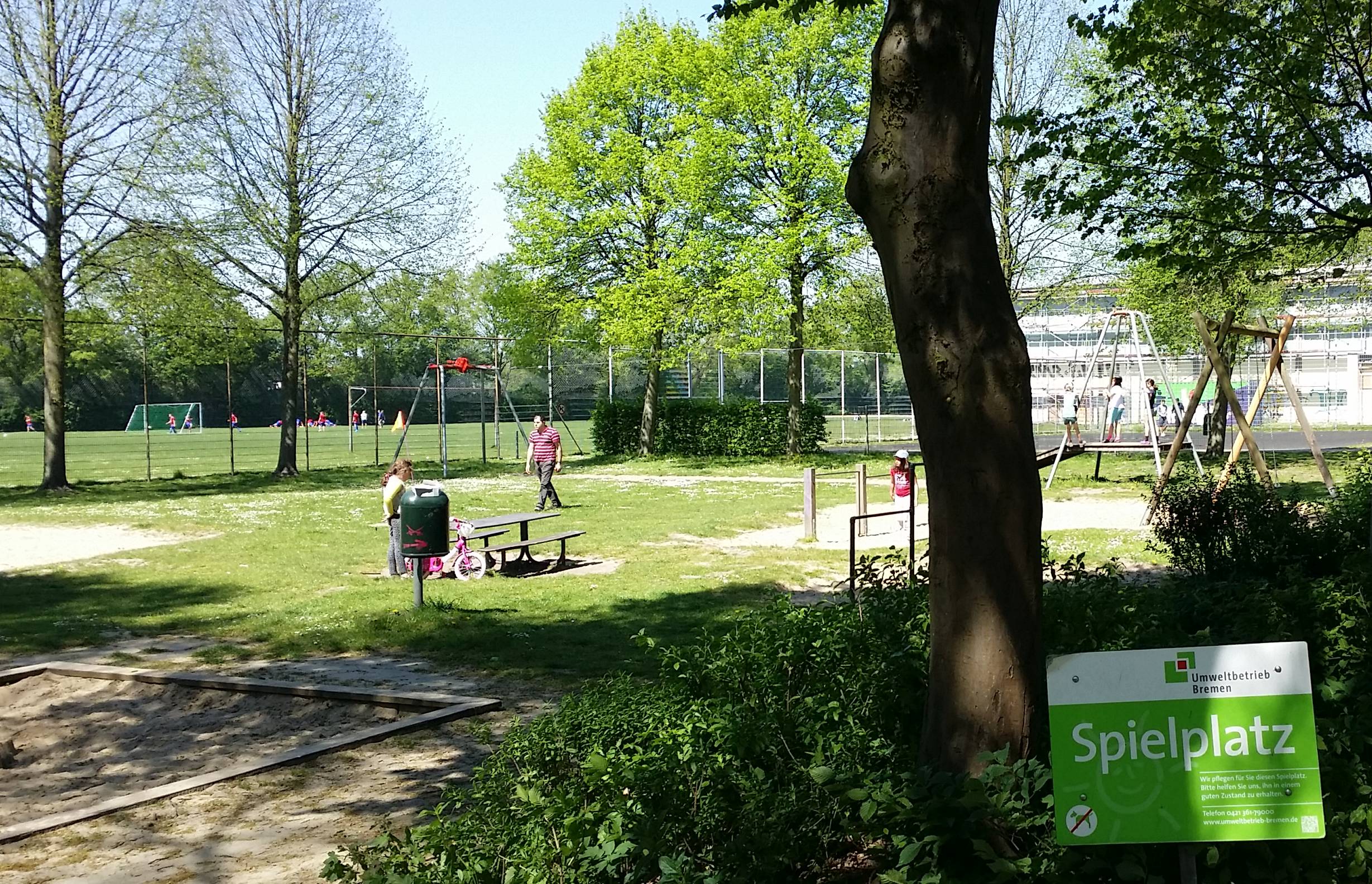Project “Stress Test Resilient Neighborhood”, University of Bremen
The infection control measures related to the Corona pandemic have profoundly changed people’s behavior: Increased use of green spaces in the city, reduced physical activity, and decreased use of public transportation in favor of individual transportation such as cars or bicycles are just some of the changes noted. The direct and indirect consequences of the pandemic highlight the importance of new forms of organizing basic functions of existence such as housing, work, utilities, education, recreation, and mobility.
With this project, the Institute for Public Health and Nursing Research at the University of Bremen aims to identify strategies and measures at the spatial, socio-economic and organizational levels that increase the resilience of urban neighborhoods – such as the preservation and qualification of green and open spaces or the targeted compensation of pandemic-related disadvantages. In the project, which is being carried out together with Prof. Dr.-Ing. Sabine Baumgart (BPW Stadtplanung), the contribution of urban planning instruments in interaction with public health instruments will be investigated in particular. Within the framework of a “stress test”, selected urban neighborhoods will be analyzed on the basis of criteria to determine which strategies and instruments of urban planning contribute to promoting positive effects and reducing negative effects.


Project topic
Stress Test Resilient Neighborhoods – Affectedness of Neighborhoods by Epidemics and Strategies to Increase Resilience Using the Example of the SARS-CoV-2 Pandemic
Project implementation
Prof. Dr. Gabriele Bolte
University of Bremen, Institute for Public Health and Nursing Research, Department of Social Epidemiology
Graz street 4
28359 Bremen
Phone: 0421 218-68820
E-mail: gabriele.bolte@uni-bremen.de
Cooperation partner:
Prof. Dr.-Ing. Sabine Baumgart
BPW Urban Planning
Ostertorsteinweg 70-71
28203 Bremen
Phone: 0421 703207
E-mail: baumgart@bpw-stadtplanung.de
Runtime
01.11.2020 – 31.10.2021
File number
DBU-AZ 37049
Status: 14.09.2020